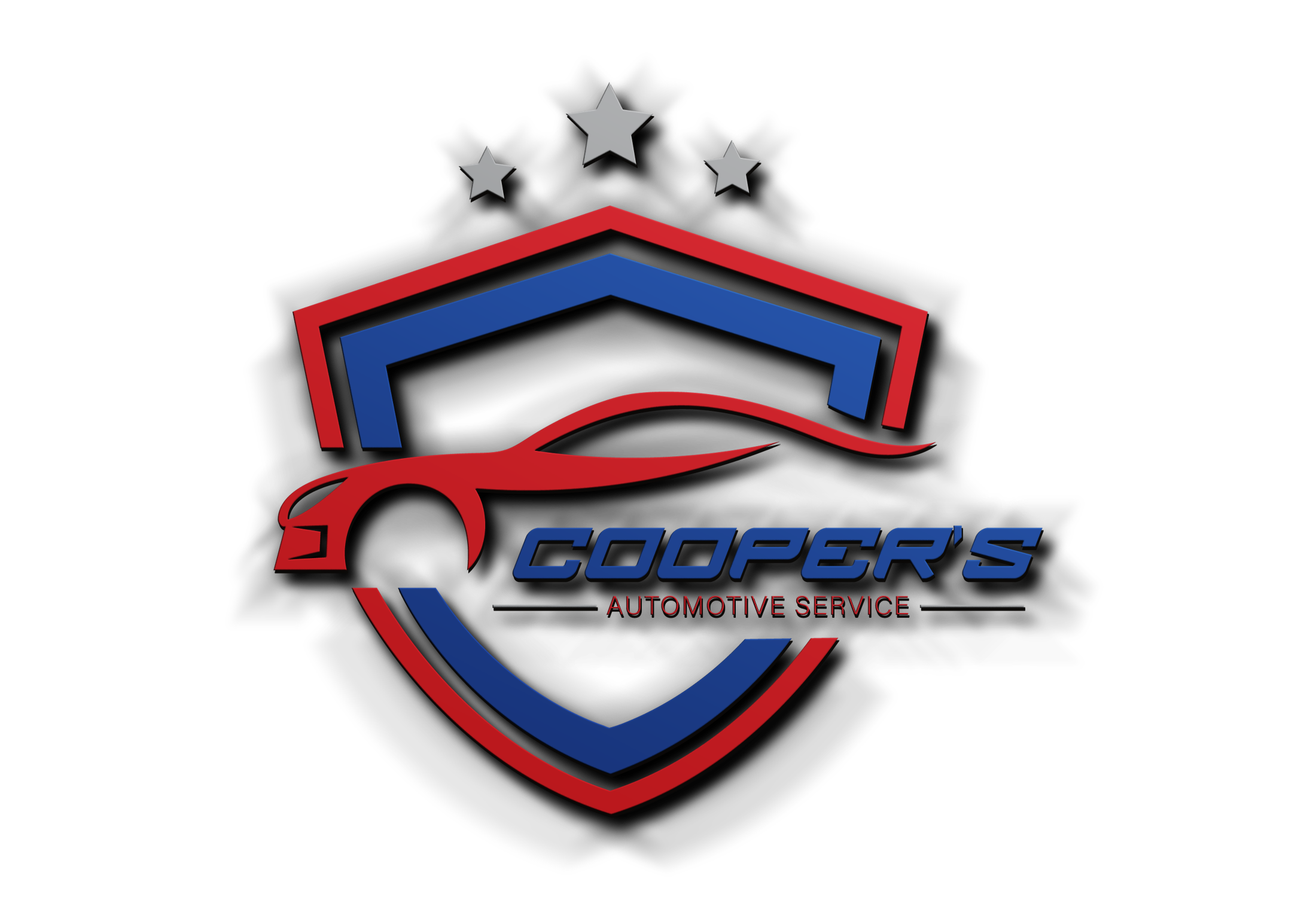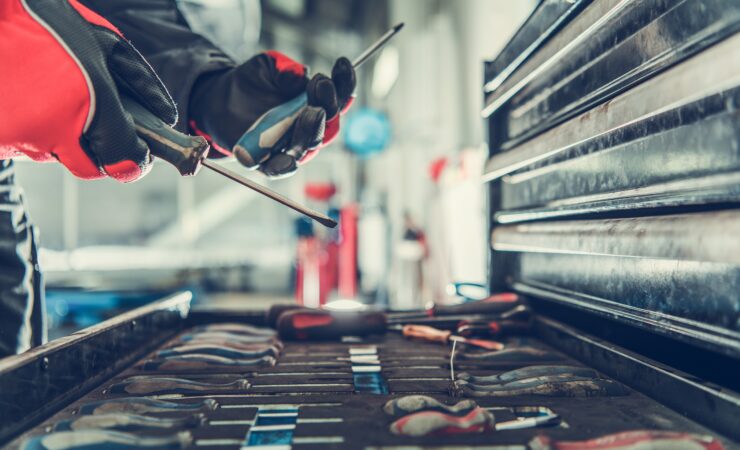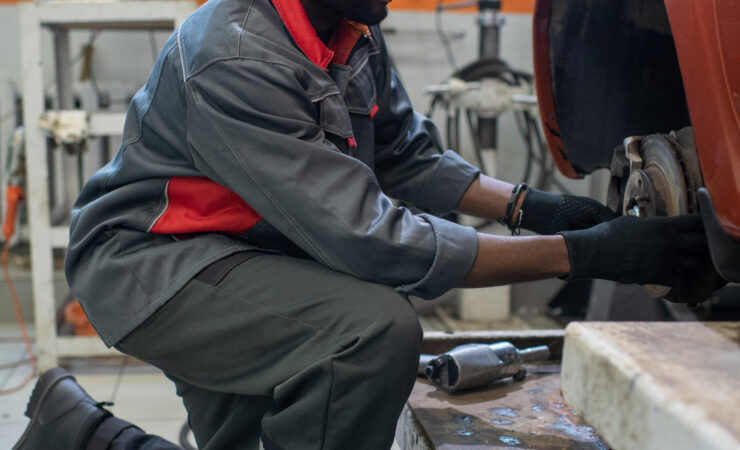Nothing can put a damper on a road trip or a daily commute quite like an overheating engine. It’s a stressful situation that can lead to costly repairs if not addressed promptly. If you’ve experienced your temperature gauge creeping into the red zone or searched for “cooling system repair” or “diesel engine repair” in a panic, this guide will help you understand why engines overheat and what you can do to prevent it.
Why Your Engine Overheats
Your car’s cooling system is responsible for regulating engine temperature. It consists of various components, including the radiator, water pump, thermostat, coolant, and hoses. When any of these components malfunction, your engine can overheat. Common causes include:
- Low Coolant Level: Coolant (a mixture of water and antifreeze) absorbs heat from the engine and dissipates it through the radiator. If your coolant level is low, the engine can’t cool down effectively.
- Leaky Radiator or Hoses: Leaks in the radiator or hoses can cause coolant loss, leading to overheating.
- Faulty Thermostat: The thermostat regulates the flow of coolant through the engine. If it gets stuck closed, coolant can’t circulate, causing the engine to overheat.
- Malfunctioning Water Pump: The water pump circulates coolant through the engine. If it fails, coolant can’t flow, resulting in overheating.
- Clogged Radiator: Debris, rust, or mineral deposits can clog the radiator, preventing proper heat dissipation.
- Fan Failure: The radiator fan helps cool the coolant as it passes through the radiator. If the fan fails, the engine can overheat, especially in hot weather or during stop-and-go traffic.
What to Do When Your Engine Overheats
If your engine starts to overheat, take these steps:
- Pull Over Safely: Turn on your hazard lights, pull over to a safe location, and turn off the engine.
- Let it Cool Down: Allow the engine to cool down completely before opening the hood. This can take 30 minutes or more.
- Check the Coolant Level: Once the engine is cool, carefully open the radiator cap and check the coolant level. If it’s low, add coolant (a 50/50 mix of water and antifreeze) to the reservoir.
- Call for Help: If you’re not comfortable checking the coolant or if the problem persists, call a tow truck or roadside assistance.
Preventing Engine Overheating
You can help prevent engine overheating by:
- Checking Coolant Level Regularly: Make sure your coolant level is topped off and the mixture is correct.
- Inspecting Hoses and Belts: Look for leaks, cracks, or signs of wear in your hoses and belts.
- Flushing the Cooling System: Follow your car manufacturer’s recommendations for flushing and replacing the coolant.
- Having Regular Maintenance: Schedule regular maintenance checkups to ensure your cooling system is in good working order.
Total Auto Care: Your Cooling System Experts
At Total Auto Care, our skilled technicians can diagnose and repair any cooling system issues. We offer a variety of services, including coolant flushes, radiator repairs, water pump replacements, and thermostat replacements. We’ll keep your engine running cool so you can enjoy a worry-free drive.
Don’t let engine overheating ruin your day. If you suspect your cooling system needs attention, schedule an appointment with Total Auto Care today. We’ll keep your engine running cool and protect it from costly damage.




